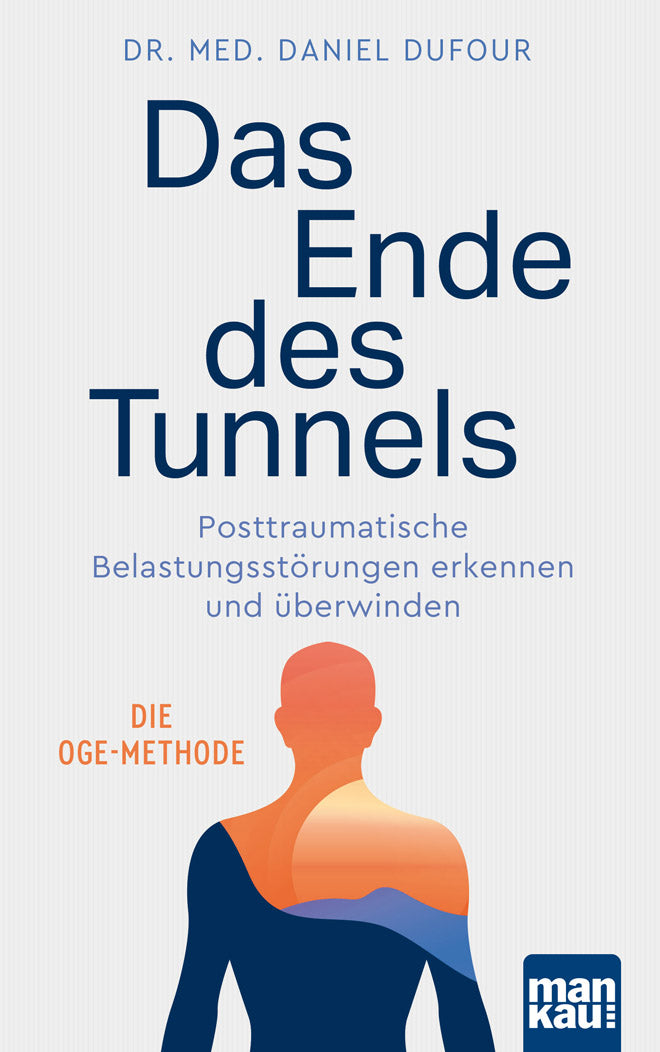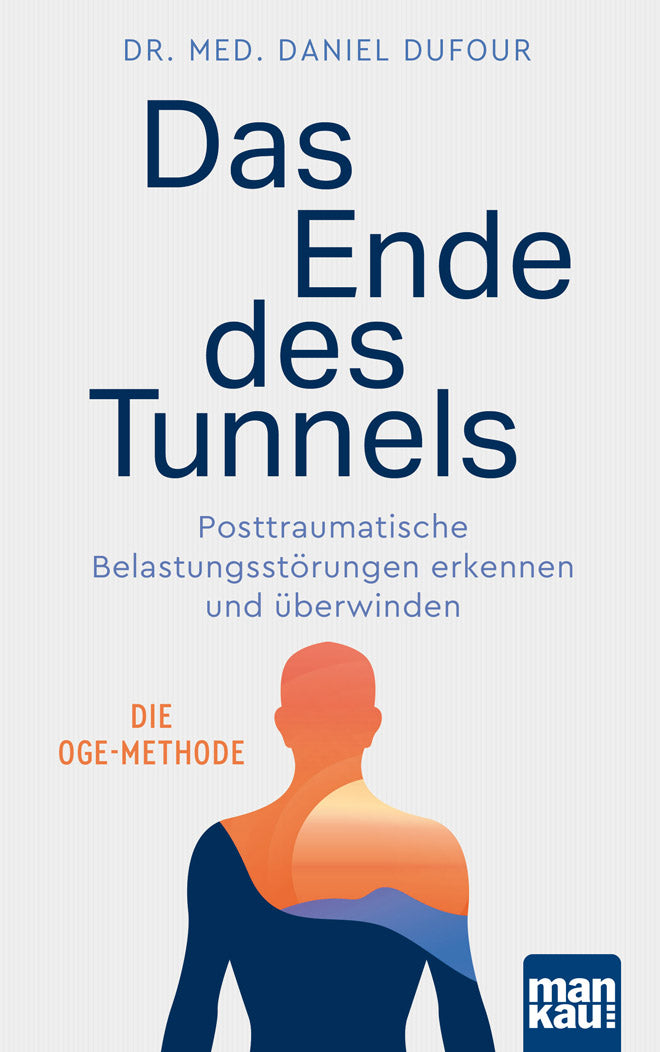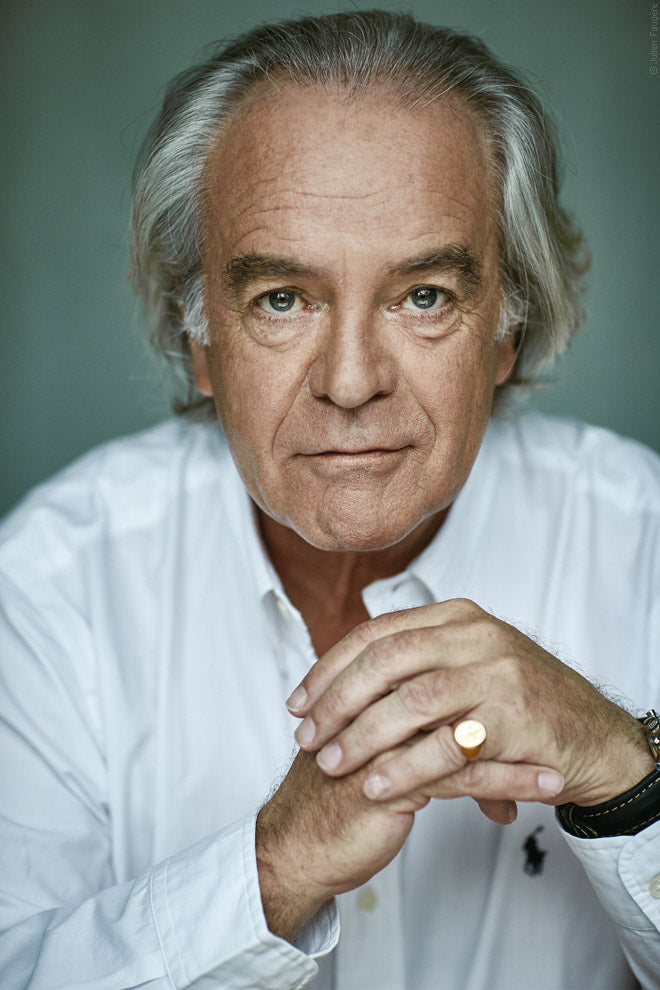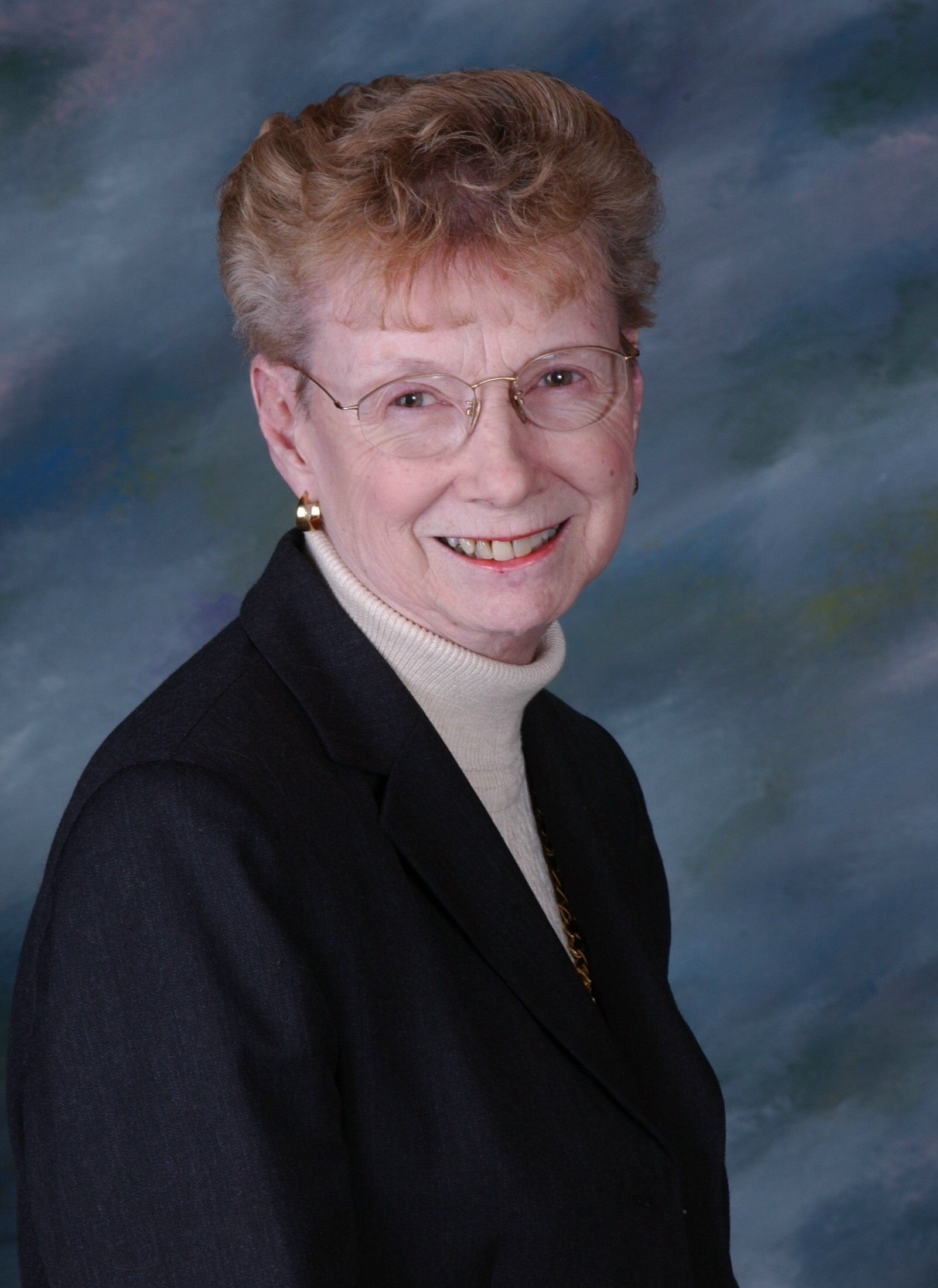
Posttraumatic stress disorder - the underestimated illness: New book by Dr. med. Daniel Dufour
Posttraumatic stress disorder - the underestimated illness: New book by Dr. med. Daniel Dufour
Millions of people suffer for years after extremely stressful experiences from recurring memories and feelings of helplessness and loss of control. Based on his own experience as a doctor in crisis areas , Dr. Daniel Dufour has developed a method to successfully treat post-traumatic stress disorder (PTSD) .
Time alone does not heal the wounds
Not only soldiers or refugees, but also "normal" people such as police officers, firefighters, victims of accidents, abuse or crime, nursing staff, doctors and disaster relief workers can be affected by so-called "post-traumatic stress disorder" (PTSD). Nevertheless, the clinical picture is often underestimated: a person may have suffered emotional scars after one or more traumatic experiences, but these will certainly lessen or disappear completely over time. With a little goodwill or perseverance, the person will get back on their feet and put the whole thing behind them. But unfortunately, that is not usually the case in reality.
In contrast to conventional treatment methods, which treat individual symptoms with greater or lesser success or locate the causes in the brain, Dr. Daniel Dufour draws on his many years of experience as a surgeon in developing countries and as an emissary and coordinator for the International Committee of the Red Cross (ICRC) in war zones. From his more than thirty years of work with those affected from all professions and social classes, he has therefore developed his holistically oriented OGE method. The aim of this method is to support the patient in dealing with all the emotions associated with the trauma so that he or she can regain his or her autonomy.
What is PTSD and who is affected by it?
There is a certain vagueness in the naming of posttraumatic stress disorder (PTSD). Other terms are often used in the literature, such as PTBR (posttraumatic stress reaction), PTSS (posttraumatic stress syndrome) or PTSD (posttraumatic stress disorder). It was first mentioned in American veterans who had taken part in the Vietnam War (1965 - 1975). However, PTSD was not recognized as an independent clinical picture by the American Psychiatric Association until 2013.
PTSD often occurs in people who work in so-called high-risk professions, such as soldiers, police officers, prison guards, firefighters, emergency doctors, paramedics, train drivers, aid workers or social workers. But judges, lawyers, public prosecutors, court clerks and many others are also at risk. "Anyone can be affected by PTSD, regardless of gender, origin, culture and previous history," says Dufour.
PTSD occurs as a result of one or more traumatic events, for example after a person has been exposed to a real danger with a high risk of injury, suffered an attack on their physical integrity or witnessed a death. Depending on the type of experience, numerous events can trigger traumatic reactions with a delay. It is important to emphasize that a person can be exposed to trauma directly or indirectly.
Release of blocked energies
Psycho-traumatic illnesses are misunderstood, underestimated and rarely diagnosed correctly because doctors do not receive the appropriate training during their studies. According to Dufour, only the support of a therapist who specializes in PTSD can help and prevent relapses. In any case, treatment must be given as quickly as possible because more and more symptoms and complications occur over time.
While the conventional therapy approaches discussed in the book "The End of the Tunnel" can help a victim to start their recovery, in Dufour's eyes they all fail to adequately take into account the fact that the emotions that were blocked at the moment of the traumatic event continue to be a blockage on an energetic level. Blocked energy is the cause of PTSD and the associated comorbid disorders.
The OGE method - the reversal of the ego - has helped Dufour personally and many of his patients to overcome PTSD. This includes in particular: 1. silencing or switching off the harmful "thinking" (the ego); 2. recognizing, feeling and expressing or living out emotions, i.e. joy, sadness and anger; and 3. rediscovering the innate knowledge, creativity and innermost core of the personality.
Book tip:
Dr. med. Daniel Dufour: The end of the tunnel - recognizing and overcoming post-traumatic stress disorder. The OGE method. Mankau Verlag 2019, paperback, 13.5 x 21.5 cm, 190 pages, 16.95 euros (D) / 17.50 euros (A), ISBN 978-3-86374-493-9.
Link recommendations:
More information about the book "The End of the Tunnel. Recognizing and Overcoming Posttraumatic Stress Disorder"
To the reading sample in PDF format
More about the author Dr. med. Daniel Dufour
To the Internet forum with Dr. med. Daniel Dufour











